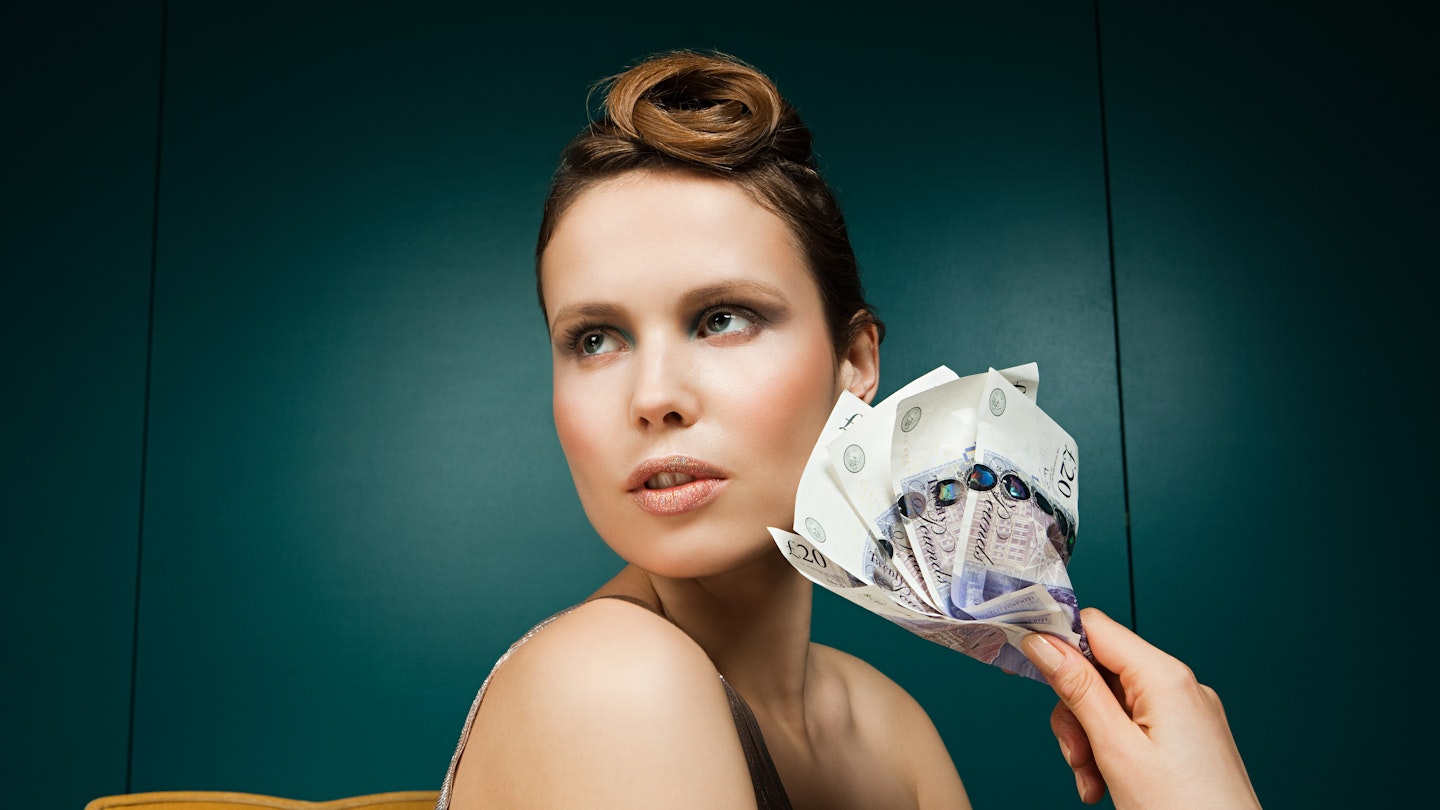If I ask you to think of the word ‘rich', who do you think of? Close your eyes and take a second…what does a rich person look like? I hope I’m wrong, I hope you’re more enlightened than me, but I’m guessing you’re picturing a rich white guy. A greying, middle-aged man, with a shirt slightly stretched across his stomach.
As the ongoing gender pay-gap audits continue to tell us, women are still routinely underpaid in comparison to their male counterparts. Brilliantly, the gender pay-gap for full-time workers in their twenties is now less than 1.5%. But for those in their fifties, the gap widens to 15.5%. Boardrooms, management teams and panels are still filled with a single, token female - only 22 per cent of the top quartile of Google UK is women - fewer women are rising to the top, meaning fewer women are getting rich.
There are few of us leading the biggest companies, with only 30 women in full-time executive level roles at FTSE 250 firms – a lowly 6.4% of the total. Do we have a lack of rich female role models? Is this why I (a 35-year-old woman) feel shame for earning money, for sticking to my day rate, for chasing invoices and for buying things for myself?
‘I think I am innately embarrassed about earning money or wanting to earn money and this is linked to my gender – women and other marginalized people don’t see themselves as the archetypal ‘money person’, says Gina Martin a UK based activist and writer. ‘Because men have run the financial world since the beginning, the language and terminology around money has been created by men.’
It’s true, we use different language to describe a woman spending than we use to describe a man doing the same – when women go shopping they are ‘splurgers’, yet men ‘invest in assets’. When a man has too many shoes, we call it his trainer ‘collection’. We think of men's purchases as considered, yet women are either ‘spenders’ or ‘thrifty’ and neither of those terms are particularly empowering. This infantilising of women’s spending habits is another way our culture snubs rich women, it’s as if we are saying women waste money, that they don’t deserve it.
‘I drive a Porsche but I have never told any friends back home because I feel embarrassed about it for some reason.’ Kate is a 32-year-old marketing exec who moved from London to Portland in the US, ‘I always think people here think it’s my husbands car and I’m a trophy wife. It’s mine and I earned it. I do feel embarrassed about earning good money. I really don’t know why.’
Liz Seabrook a photographer and founder of Career Curious has identified where her money shame comes from, ‘It’s the inequality of pay. As a photographer, my rate varies hugely and can be anything from £50 for a couple of hours to £50k for five weeks, but a teaching assistant is supposed to live on £16k a year and paramedics get paid £13/hour. I know jobs aren’t all about money - I’m a photographer because it’s what I’ve wanted to do since I was 15 - but I find it so frustrating that those in care giving roles are paid so little.’
There’s a danger in gendering an emotion and I don’t want to say that women feel more empathy for others because of their gender, but perhaps because women have always been on the back foot in terms of pay equality, their ability to empathise for those evidently underpaid has been strengthened. As Gina Martin explained, ‘My job is about social justice and I find it hard to reconcile that with capitalism and commercialism. But the truth is, I need to earn money to be able to do my social justice work.’
That is the truth – money is power, freedom and choice - those who have more of it have the greater ability to affect more lives. A year on from the gender pay-gap audit (and some way off the much needed race pay-gap audit) this piece is a call for more women to shake off their shame, to question any guilt that arises from earning money, to never allow your spending to be belittled and to continue to doggedly fight your way to the top (if that’s what you want). Just remember when you get there, to reach down and pull another up, there’s no shame in that.
